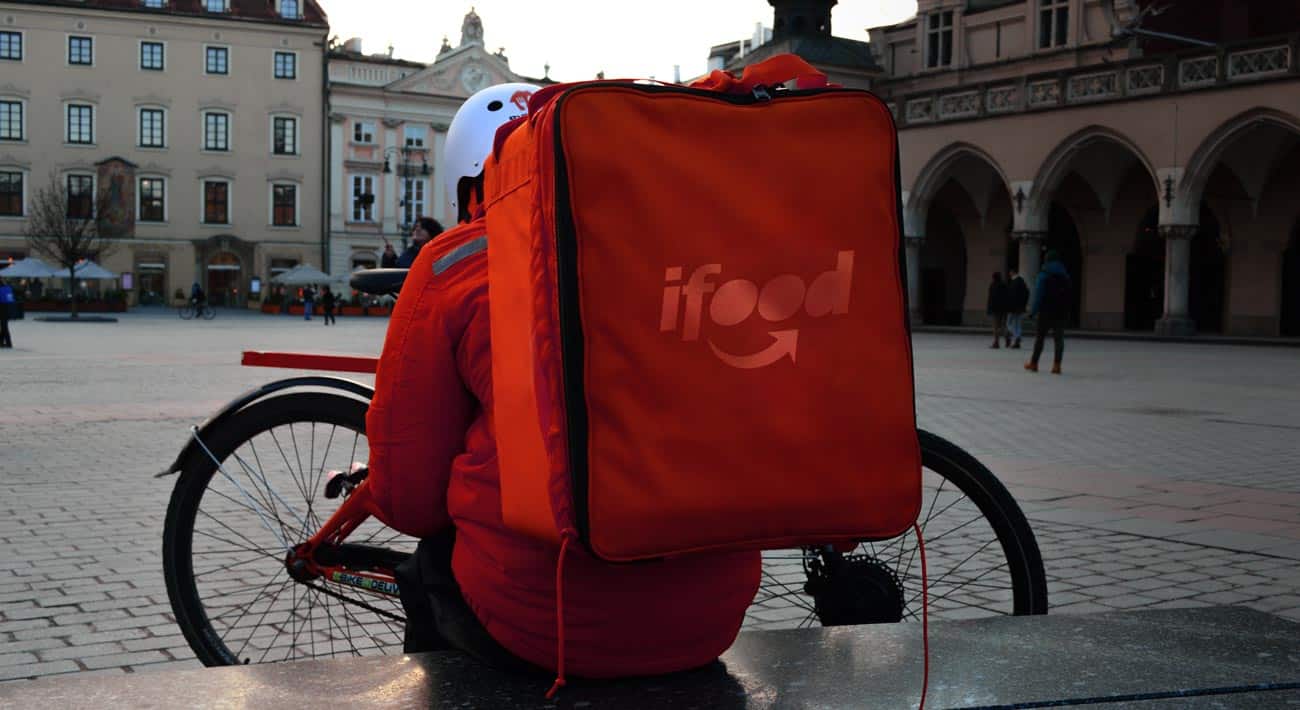Contxto – Various Latin American startups recently represented the region at South Summit in Madrid. Running from October 2 to 4, companies from Mexico, Chile, as well as Colombia, competed.
Devoted to all things innovation, the event brought together tech startups from across the world to participate. With this also came valuable interactions with investors and workshops to bring business models to the next level.
Coinciding with the competition was the enligthED Awards that offered five recognitions for edtechs. After reviewing 580 applications from 73 countries, the program selected the top ten that demonstrated “innovation, feasibility and scalability.”
While none of the Latin American participants won the Most Disruptive Startup, Most Scalable Product or Best Team awards at South Summit, Chilean edtech NeeKids reportedly triumphed at the enligthED Awards, receiving the Greatest Social Impact title for its pediatric solution.
Besides the enlightED Awards, other categories at South Summit included: mobility and logistics, travel and tourism, fintech and insurtech, marketing and content, healthcare and biotech, cutting edge technologies, energy and sustainability, digital business and government, as well as consumer solutions.
NeeKids (Chile)
Leveraging AI and machine learning, NeeKids is a tool capable of running tests that combine psychology and pedagogy. This way, hospitalized children missing school due to an accident or illness can find educational programs based on their individual learning styles. Tests range from neuropsychological to neurocognitive.
“What I did was create an application to automate these tests, followed by recommending an educational program,” said NeeKids CEO Carla Leal. According to the entrepreneur, normal tests “are very expensive, around 100 dollars, and are made on paper.”
Tink (Chile)
Tink is a marketing tool for companies to leverage sales. Common partners come from banking as well as the insurance industry. Using a RaaS (Referral Software as a Service), the startup is “basically a digitalization of word of mouth marketing,” said Tink CEO Alexander Theis.
Founded almost four years ago, today Tink is active in Bolivia, Mexico, Costa Rica, in addition to Spain. Part of its business involves referral automation, social media sales conversions, plus new emerging marketing and sales channels.
City Scan (Colombia)
Augmented reality meets tourism with City Scan serving as a virtual tour guide. Mostly operating in Colombia and parts of Madrid, it uses video and audio content to offer new dynamic experiences in the industry.
All in all, this allows travelers to “discover, create, share destinations and make local businesses visible,” said co-founder Natalia Vargas. Through the platform, users can find and learn about interesting locations via audio descriptions, 360 videos, images, plus other features. Essentially, it’s like embarking on your own personalized tour.
Unima (Mexico)
Committed to preventing the spread of diseases, this biotech has developed a platform for rapid diagnosis and real-time monitoring of epidemics. Users simply need to take a blood sample with Unima’s diagnostic test, snap a photo from a mobile device, and then upload it.
From there, the data goes to a cloud, allowing the company to make fast yet reliable diagnoses. This is particularly useful in developing markets. “We seek to solve the lack of access to a timely diagnosis for almost half of the world that lives in emerging and developing countries,” said Unima CEO José Luis Nuño Ayala.
Trato (Mexico)
Hopping on the encrypted bandwaggon, Trato is applying blockchain technology to facilitate work contracts. In this regard, there’s better traceability, transparency, as well as reliability. This makes operations “more fluid,” according to Trato CEO Ignacio Bermeo. On top of being an entrepreneur, he is also a programmer and lawyer.
Bermeo reportedly came up with this concept after working in a corporate office with little organization over work contracts. With his company’s solutions, it provides “a network that can be distributed among the different participants. This way, everyone has access to the same documentation,” said Bermeo.
OS City (Mexico)
If you have ever been frustrated by your local government, then OS City may have a solution for you. Similar to Yecas, the platform revolves around holding public institutions more accountable. As of today, it’s active in Monterrey and Mexico City, as well as Buenos Aires.
“We are looking for a strategy to transform governments, secretaries or institutes into a digital service platform,” said OS City CEO Jesus Cepeda. Promoting efficiency and mobilization, the platform allows citizens to collaborate on causes most important to them.
Synapbox (Mexico)
In the process of a major growth phase, Synapbox has developed software capable of predicting audience reactions. Part of its marketing solution involves turning these “reactions” into data. This way, customers can use the information to scale and optimize operations.
Proficient in consumer behavior, the startup’s scalable platform uses real-time emotional response, automated object detection, survey responses, in addition to other tech features.
-JA






